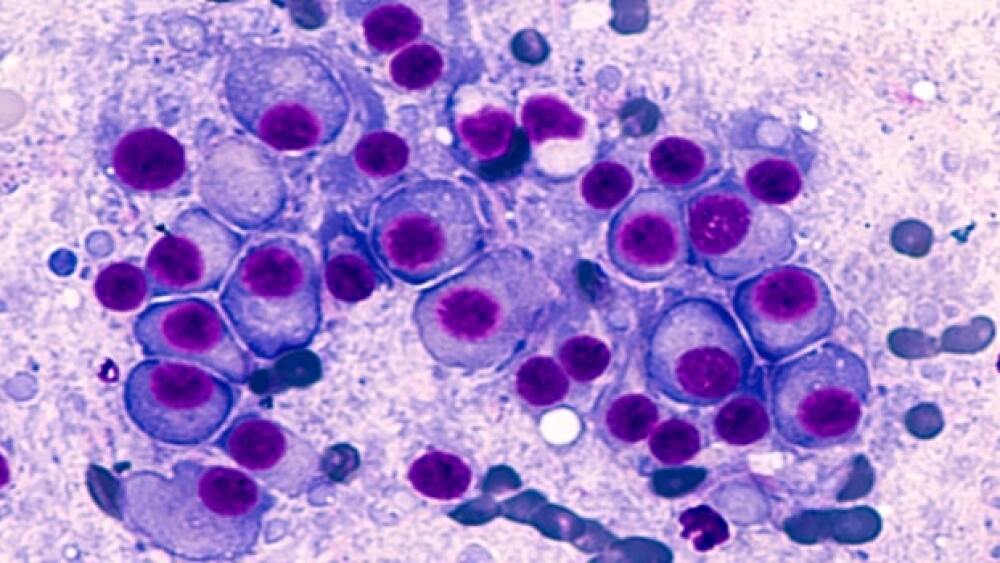The study, which compared the same treatment combination to pomalidomide plus dexamethasone covered 495 patients from over a hundred hospitals in 21 countries.
Stockholm-headquartered global biotech firm Oncopeptides AB has revealed results from its Phase III OCEAN research, which evaluated the safety and efficacy of melflufen and dexamethasone in treating patients who have received two to four lines of therapy for relapsed refractory multiple myeloma.
The study, which compared the same treatment combination to pomalidomide plus dexamethasone, started in 2017 and covered 495 patients from over a hundred hospitals in 21 countries. The initial results were announced in May this year, during which time the researchers found that the overall response rate (ORR) was higher for melflufen at 32.1 percent, against pomalidomide which logged 26.5 percent.
The results showed that melflufen satisfied the primary endpoint of superior Progression Free Survival compared to pomalidomide, with a hazard ratio of 0.792. The key secondary endpoint, Overall Survival, was in favor of pomalidomide (at a hazard ratio of 1.104).
The randomized, head-to-head, open-label study was made on patients who have been treated with at least a proteasome inhibitor and an immunomodulatory agent and have developed resistance to their last line of therapy. To qualify as a participant, the patient also had to have developed resistance to lenalidomide within 18 months from the trials.
“The efficacy and safety data from the OCEAN study are very encouraging, and the results will be of importance in physicians´ treatment decisions for patients with relapsed and refractory multiple myeloma. Melflufen has a unique mode of action, which in addition with its tolerability profile, makes the drug an attractive treatment option for many patients,” said Pieter Sonneveld, MD, PhD, principal investigator of the OCEAN study and professor of hematology at the Erasmus University of Rotterdram.
According to the press release, Oncopeptides AB’s updated OCEAN findings were released after the Independent Review Committee asked for a blinded reassessment. This was because some information were not provided to the IRC during the preparation phase for the clinical study itself and its corresponding regulatory documents. Twenty-nine of the 495 patients had to be reevaluated for any result to be considered valid.
Given the observed large gaps in overall survival in pre-specified subgroups, the Food and Drug Administration requested that the company partially hold all clinical studies involving melflufen until an investigation is conducted.
A webcast has been set for July 8, 11:00 AM CET, to discuss the update and the new measures. It will reportedly include presentations by CMO Klaas Bakker, CSO Jakob Lindberg, and CEO Marty J Duvall.
Oncopeptides is known for developing targeted therapies for difficult-to-treat hematological diseases. It uses its proprietary peptide-drug conjugate (PDC) platform to create compounds that rapidly and selectively deliver cytotoxic agents into cancer cells.





